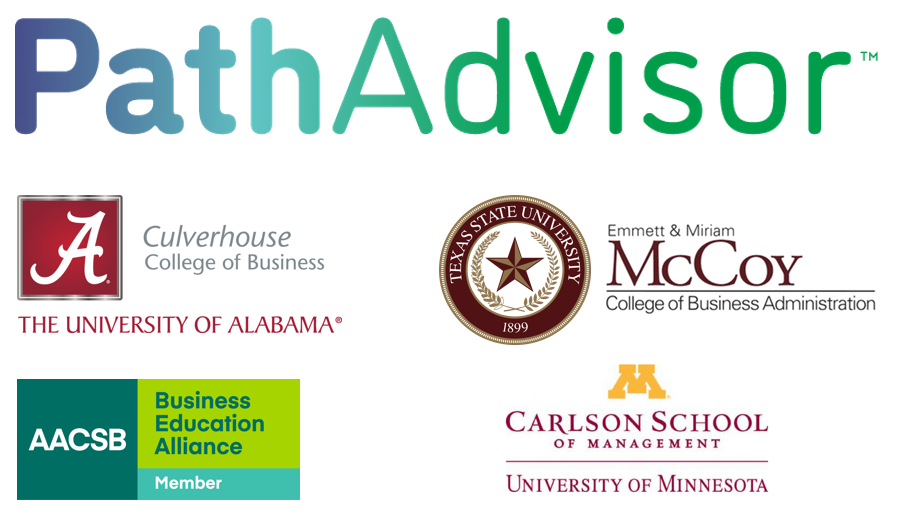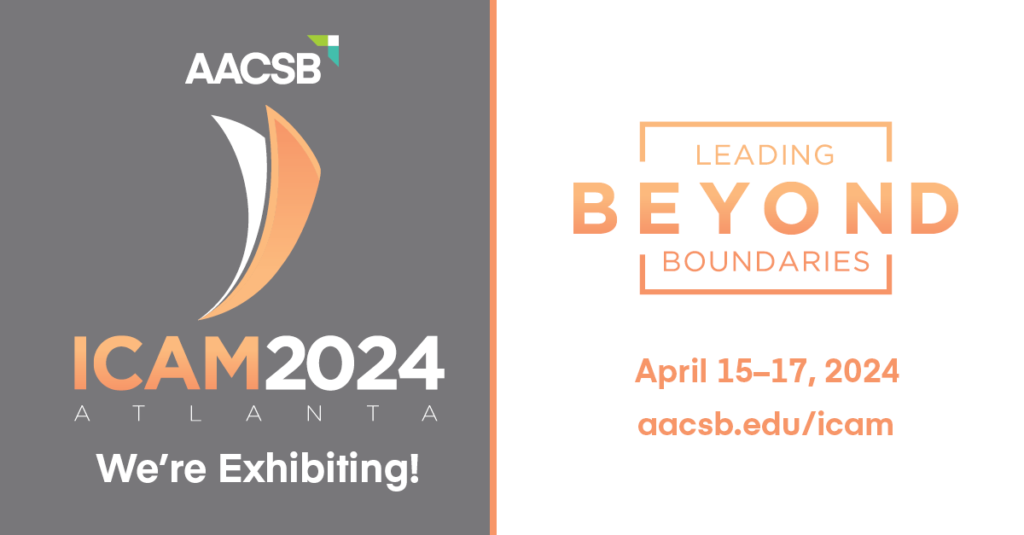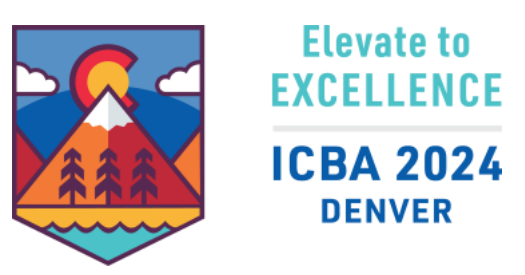Still Missing: holistic, proactive advising in First-Year (FYE) Courses
First year college students have access to more, higher quality courses than ever before, with resulting progress on student retention. But a 2023 research report from the National Resource Center (NRC) for The First-Year Experience & Students in Transition suggests many institutions still struggle to provide students with holistic, proactive advising.
What is holistic, proactive advising?
According to NACADA, the Global Community for Academic Advising, it includes actions like,
- Reaching out to students about academic progress or performance
- Asking questions about students’ educational background and needs
These occur less frequently, with fewer than 40% of students experiencing this level of advising.
Overcome barriers to better FYE advising
While I’ve been at NRC’s 2024 FYE conference this week, I’ve talked with a number of faculty and advisors that want to provide higher quality advising and gather data on its impact on students’ well-being, but don’t know how. They have limited staff and resources, coupled with the usual bureaucratic headwinds.
Become more proactive with snapshots of students’ needs
Recently more of Career Key partners overcome the resource barrier by taking short (5 minutes), scientifically validated snapshots of First-Year students’ academic and career well-being. The new PathAdvisor FYE courseware makes this possible.
They accelerate through bureaucratic processes and technology approvals because PathAdvisor is an approved LTI tool integrated through your LMS. Then, you have a holistic, proactive advising support tool ready to go. You can track data and progress over time, in addition to following up with students.
Strengthening the human relationship in education
As noted in the NRC report, “[t]he single factor that makes for an excellent education is human relationships.” Communication with students about their unique qualities is critical, and hard when you serve a lot of students. PathAdvisor’s ability to scale helps you do that.
Starting a conversation with a student becomes a lot easier when you have these snapshots. You’ll know “Other Factors” students want you to know about themselves and how they feel about where they are on their education journey. Let’s keep making progress in the first-year experience by adding more holistic, proactive advising. We can help you get there.
Learn more
Kinzie, J. “Unfinished Business in First-Year Programs: What Student Engagement Results Suggest,” Journal of the First Year Experience & Students in Transition, Vol. 35, No.1, pp 11-26 (2023).
National Survey of Student Engagement (2019) Engagement insights: survey findings on the quality of undergraduate education – Annual Results. Indiana University Center for Postsecondary Research.




